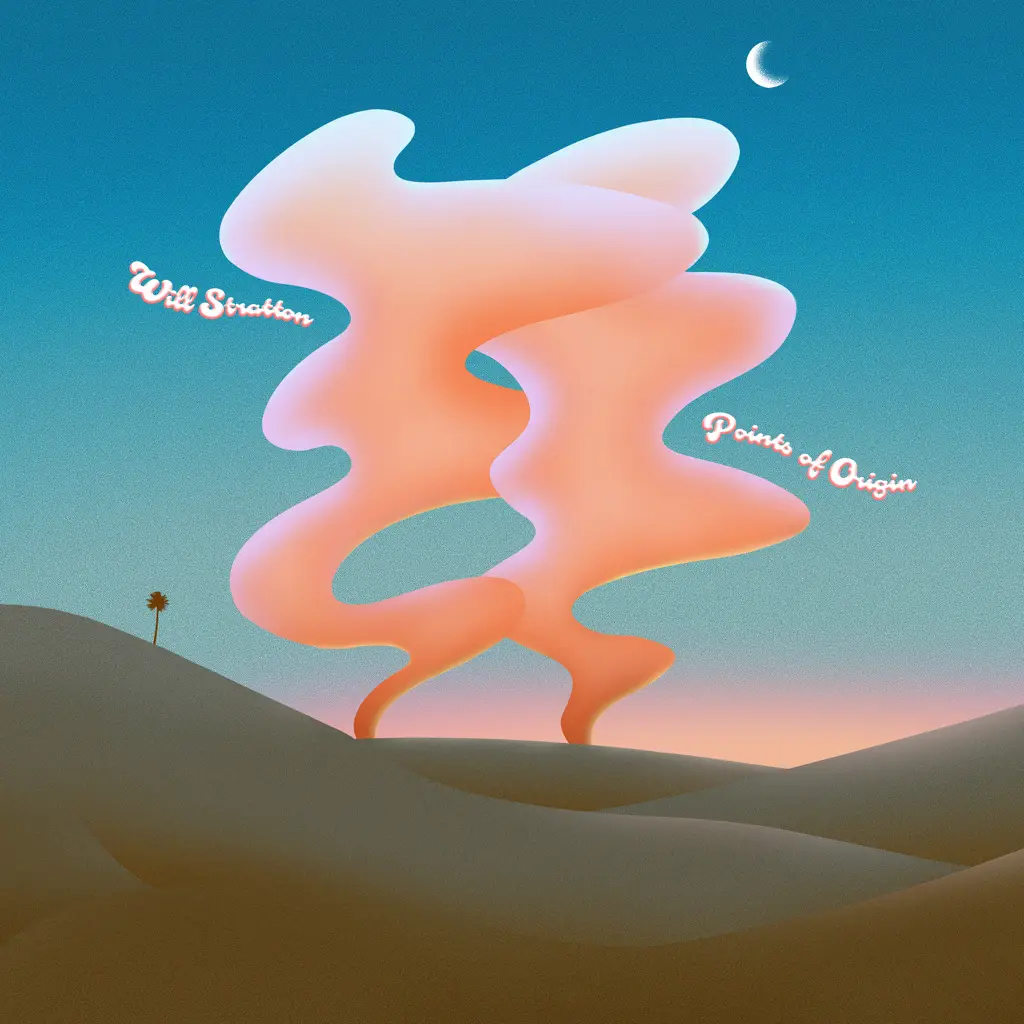Ecomix.
Catalog Number: BELLA1639V
Color: Clear
Format: LP
UPC: 5065019688460
Points of Origin is Will's eighth LP, his third for Bella Union, and his first for
Ruination Records
His previous two albums, 2021's The Changing Wilderness and 2017's Rosewood
Almanac attracted positive recognition from the likes of Elton John, Alexis Petridis at
The Guardian, Tom Doyle at Mojo, and Saby Reyes-Kulkarni at Pitchfork. Will was born
in Woodland, California in 1987, spent his formative years all over the greater Pacific
Northwest and mid-Atlantic United States, and has lived and worked in the Hudson
Valley town of Beacon, New York for the better part of the last decade.
At first, longtime followers of Will's music may miss the hummingbird flutter of his
fingerpicking-- though there is some undeniably marvelous guitar playing both by Will
and his session killers, he's put the dazzling pull- offs on the back- burner, instead
relying on more delicate piano and string ensemble overdubs that fade in and out, like
catching the edge of a classical station just out of range as you drive up the Pacific
Coast Highway. Will's undeniable gift as a studio tinkerer is at an impressive peak
here. At times the album sounds like the kind of otherworldly country music you only
ever hear at a distance. "Temple Bar" notably does an amazing impression of Paul
McCartney fronting the Band in their mode as historical reenactors.
Many eras are evoked at once-- weeping slide and steel guitar, 60s pop vocal
harmonies, Richard Thompson at his most ascetic, Jerry Jeff Walker at his most
nostalgic, Nick Drake at his most orchestrated, ghostly digital specters swooping in
during the chorus of "Centinela," even one moment of stately Thin Lizzy-esque dueling.
At the end of the dissociative "Bardo or Heaven?", layers of saxophone and overdriven
guitar sublimely roil and rage, a column of approaching flame.
Occasionally Will's writing on this album seems to echo a more ancient oral tradition,
as if the DNA of some 16th century ballads were somehow spliced with the lonesome
stories of Denis Johnson, giving these songs a hypnotic lullaby quality-- one could
imagine these songs still being interpreted 500 years in the future, when glaciers are
only remembered in verse.
